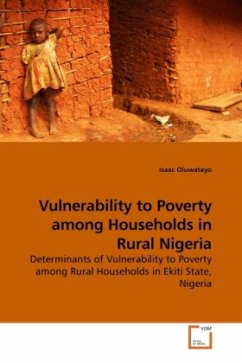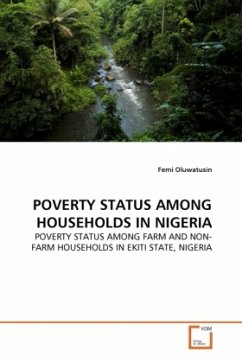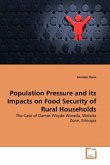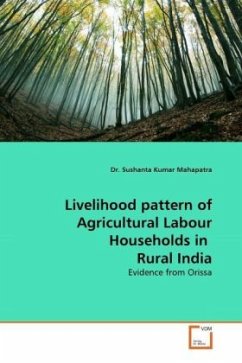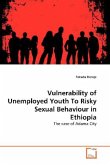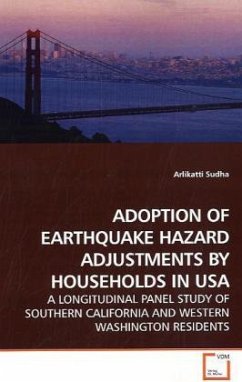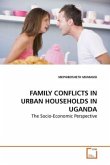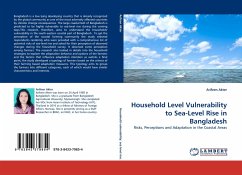Poverty as a static phenomenon has been given considerable attention by researchers in recent years. In spite of several policy prescriptions emanating from these studies, there has been no appreciable change in the poverty status of households in Nigeria. One of the reasons adduced for this is that poverty analyses have been based on static poverty measures, which are not proactive in their prescriptions. However, emerging literature has suggested the need to be proactive in analysing poverty, hence the use of expected poverty,which is the probability that a household if currently non- poor will be poor in the future or if currently poor will remain poor. Arising from this, the study focused on the determinants of expected poverty in Ekiti State, Nigeria. Data on households' socioeconomic, expenditure and risk-related variables were collected through questionnaire using a multistage sampling technique. Analysis of result revealed that female-headed, landless, farmers, large-sized and those with no formal education were more vulnerable to poverty. Thus, effort should be intensified at building capacity of rural households through education.
Bitte wählen Sie Ihr Anliegen aus.
Rechnungen
Retourenschein anfordern
Bestellstatus
Storno

